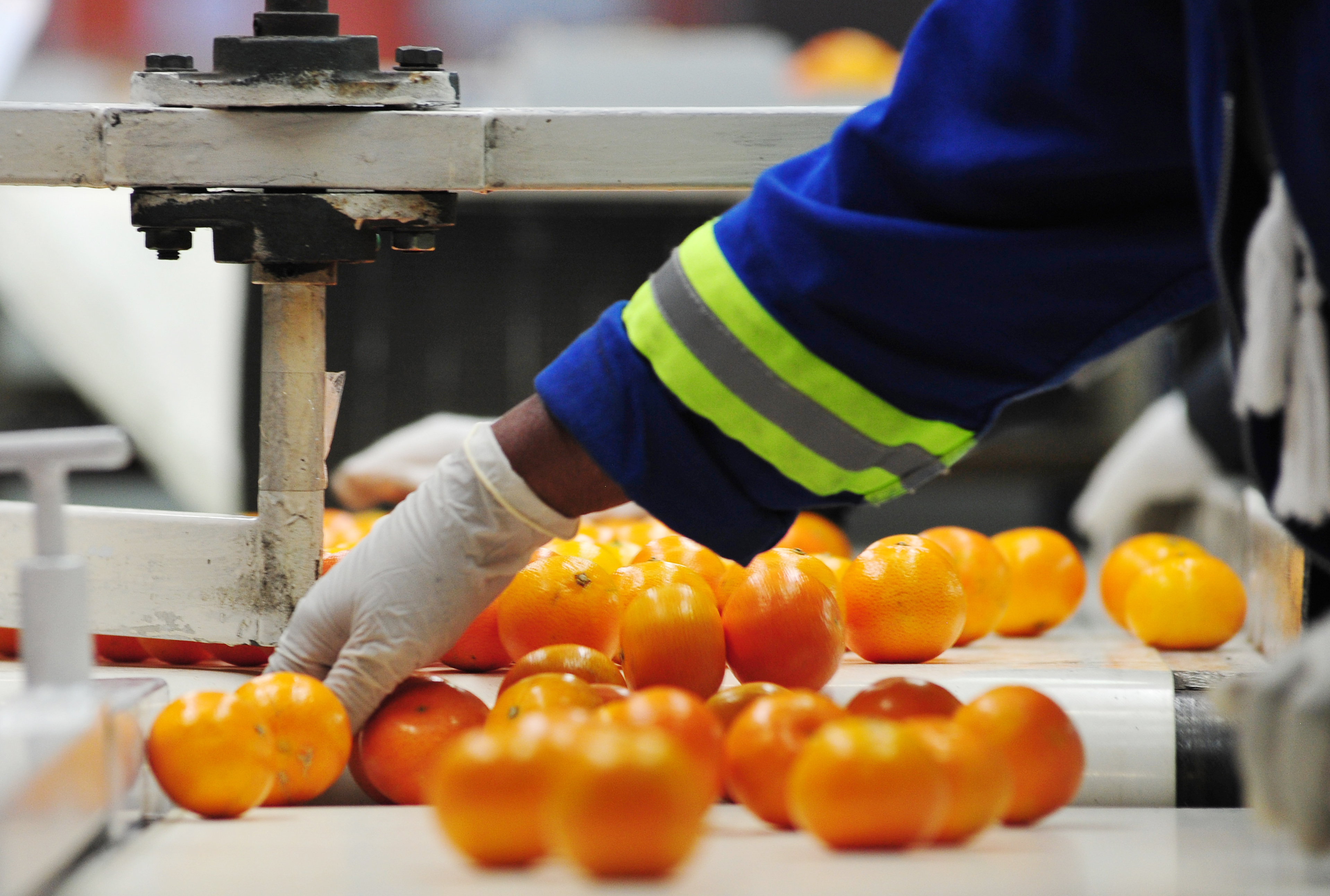With relations between the South African and United States governments at a low point, it seems likely that South Africa’s inclusion in the African Growth and Opportunity Act (Agoa) will not be renewed in September.
In reporting on the potential consequences of non-renewal, focus has mostly been placed on the detrimental effects on the South African economy. But it is worth considering that, should exemptions, or even a new trade deal, not keep US availability to some key South African produce like citrus open, the US consumer and US agriculture will also be adversely affected.
Agoa ensures South Africa’s citrus is not subject to US tariffs. Duty-free access to the US is by no means unusual. Citrus from Chile and Peru, for instance, enjoys a similar type of access, and additionally benefit from shorter transit times to the US. Agoa thus helps keep South Africa’s citrus competitive in America.
Should South Africa be removed from Agoa, thousands of rural jobs could be affected, while more than R1-billion in export revenue could be lost. An estimated 35,000 local jobs from farm level throughout the supply chain are at risk. These figures do not accurately capture how intimately US citrus exports have become a part of communities like Citrusdal in the Western Cape. As a citrus farmer in the area, I see close up how US exports form the basis of our valley. All the people of the Olifants River Valley take pride in their produce and its earnings, which sustain the area.
While only 9% of South Africa’s export citrus is destined for North America as a whole, almost 100% of rural towns like Citrusdal are dependent on fair access to the US market. And it is a market that has been on a remarkable upward trajectory. Since 2017, the exports of South African citrus have almost doubled. The real loss of Agoa access for South Africa would be losing out on the enormous potential for growth in this market going into the future.
US jobs will also be affected
It should also be noted that close to 20,000 jobs in the US are also sustained by South African citrus exports.
The US has in the past rightly recognised the need for a reliable and affordable supply of fresh citrus. Citrus is a healthy and much-loved product. And the US consumer has clearly developed a taste for South African citrus. As a citrus grower, I am struck by how the trade tensions unfortunately come at what seems to be the precise moment the US market has started to discover our varieties, such as our Nadorcotts, Cara Caras, Star Rubies and Midknights. US consumers regularly indicate a special preference for our mandarin varieties.
It is important to remember that citrus is not like a product produced in a factory year-round. It is a seasonal fruit. South Africa does not compete with the citrus producers of the US. In fact, quite the opposite — we sustain customers’ interest when their local citrus is out of season, benefitting US citrus growers in the end. Every single year, we “hand over” buyers to our counterpart growers in places like California, Arizona and Texas.
A good way for the US to assure its citrus market’s resilience is to welcome good quality citrus from importers during their summer, because it keeps their local consumers loyal to the product, retaining an interest through constant supply.
South Africa’s unique citrus varieties also provide consumers with a wider range of choice, potentially boosting the overall citrus market in the US. Variety can attract more consumers to the fruit category, further benefiting local US producers.
South African citrus growers have always considered themselves partners to the US in providing quality, healthy and affordable fresh fruit. Affordability is a key consideration. Global citrus production is experiencing unprecedentedly turbulent times. Diseases, such as Asian Citrus Greening, and the impacts of severe droughts, such as recently in citrus-producing Brazil, have shown how volatile supply can be. South Africa, untouched by Asian Citrus Greening, is the world’s second largest exporter of citrus after Spain and has a well-established export system.
Repercussions
If Agoa is not renewed, and the previously reliable supply from South Africa is reduced, America will run the risk of making citrus more expensive for the US consumer. Any form of food inflation has repercussions. Increased prices are concerning because so many scientific studies confirm the immense value of citrus in contributing to a healthy diet.
While geopolitical tensions play out on the broadest of scales, average people are rightly concerned that they will feel the pinch. The farmworker in a South African orchard and the American shopper in a fresh produce aisle are connected. They are part of a counter-seasonal balance and a complicated value chain that has been established over many years. Whatever new trade reality might be established between South Africa and the US in the next months or years, this connection should be considered.
A large part of our industry’s future now hinges on the intricacies of diplomatic manoeuvring, but also on the ability to communicate value. Beyond the anxiety that naturally accompanies such trade uncertainty, a quiet determination prevails under our growers to prove that the bond between South African citrus and American consumers is one of mutual benefit — a relationship worth preserving, regardless of the shifting global tides.
Gerrit van der Merwe is the Chairman of the Citrus Growers’ Association of Southern Africa (CGA).




